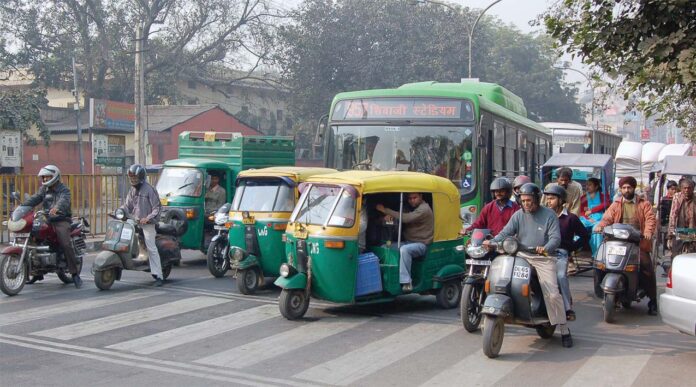
The COVID-induced lockdown coupled with other restrictive measures to contain the disease have adversely impacted the prospects of the logistics sector, especially the road freight transportation movement. The extended nation-wide lockdown for the major part of Q1 FY2021 paralyzed economic activity and thereby the freight availability also moderated significantly.
This coupled with restrictions on cross-border movement, shortage in availability of drivers and manpower due to large-scale migration and lack of availability of return load, significantly impacted the road logistics sector during the first quarter, according to a latest report by rating agency ICRA.
Mr. Shamsher Dewan, Vice-President, ICRA Ratings, said, “The aggregate revenues of ICRA’s sample of logistics companies contracted sharply by 35 pc during the quarter. The impact was more visible on players operating on an asset-heavy model, due to high fixed costs for owned assets, while asset-light players fared relatively better.”
This decline, he said, was also corroborated by the generation of E-way bills, which contracted by 49 pc during the quarter. “In addition to the impact on the road logistics sector, the macroeconomic slowdown and lockdown also had a bearing on the rail and seaways freight traffic that primarily comprises of bulk commodities like coal, cement, iron ore and crude oil with volumes contracting by 21.3 pc and 19.7 pc Y-o-Y, respectively,” he added.
The financial performance of ICRA’s sample of ten leading logistics companies was also adversely impacted in Q1 FY2021 as aggregate revenues of players declined by 35 pc on a Y-o-Y basis, in line with the sharp moderation in GDP growth, which hit historic lows of -23.9 pc, resulting in subdued freight availability.
With the economy gradually opening up during unlock phases and industrial, manufacturing and construction activities resuming, freight activity too has also been gradually reviving. The latest E-way bill and Fastag data indicates that freight volumes have recovered sequentially and improved to 87 pc of pre-COVID levels (for E-way bills) and 95 pc of pre-COVID levels (for Fastag) by August 2020.
As per ICRA note, growth over the near term is expected to be driven by specific segments like e-commerce, as the trend in online purchases and deliveries have picked up substantially post the lockdown. Similarly, the automotive sector has also been picking up, especially sectors like entry-level cars, motorcycles, tractors etc. which augurs well for specific logistics segments like auto carriers.







